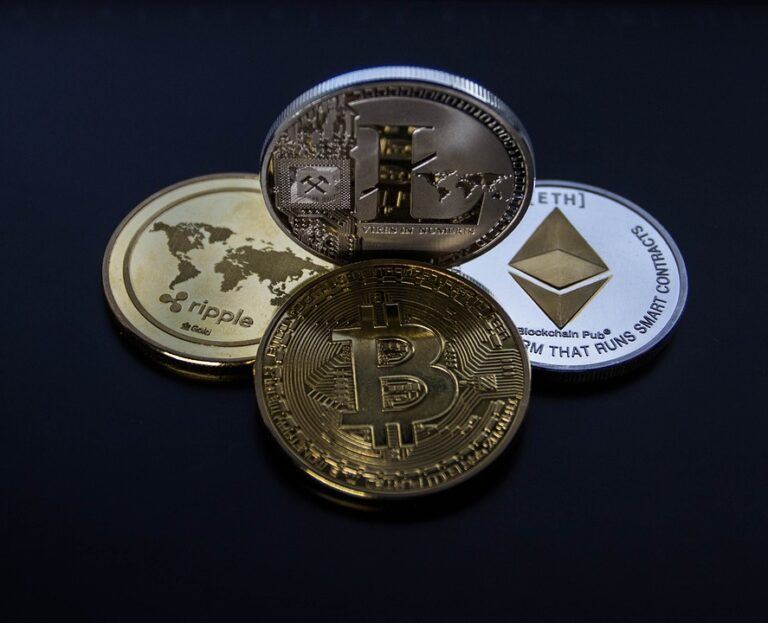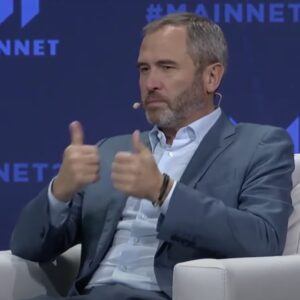Kik CEO Ted Livingston has gone on the record to warn investors about the dangers of blockchain technology, taking a remarkably pessimistic stance for the leader of a project that last year raised nearly $100 million.
Speaking on the topic, he said:
“Almost nobody should be looking at blockchain. Unless you’re trying to build one of the most used cryptocurrencies in the world, it’s very low odds that blockchain is going to create value for you.”
Livingston was sharing his views on the subject at the True North tech conference in Waterloo, where he dismissed the technology as having limited application for anything other than digital currencies.
Pointing out the lack of trust that often exists between the strangers who transact with each other, he said:
“What does blockchain do at the end of the day? It allows you to have a database that’s trustless. That can be applied in a bunch of ways, but most of those ways, you still need trust.”
Irrespective of this pessimism, Livingston did acknowledge the enormous incentive created by the money involved in crypto, pointing out that “the ‘bitcoin computer’ is 100,000 times more powerful than the top 500 supercomputers in the world combined.”
Although this ‘bitcoin computer’ doesn’t itself exist, Livingston recognized that the incentive structure it creates could be used for more than solving math problems, referring to the mining process that secures cryptocurrencies’ networks.
It was this idea that drove his desire to create he Kin cryptocurrency in the first place, which he envisaged as a way for users of Kik to pay developers who create new features.
Despite raising nearly $100 million through an initial coin offering (ICO), Kik ran into numerous problems with the technology, which necessitated a return to the drawing board for those involved in the project.
However, this doesn’t mean the company has abandoned blockchain entirely. Having already set aside three trillion KIN tokens for themselves, they aim to launch their own blockchain, a hybrid of Ethereum and Stellar, as soon as possible, with Livingston explaining:
“We were playing an impossible game. You know, we were trying to deliver software to consumers, and in doing that we needed to make money to sustain ourselves. But we’re playing against monopolies – Facebook and Google.”
Featured image from Max Pixel








